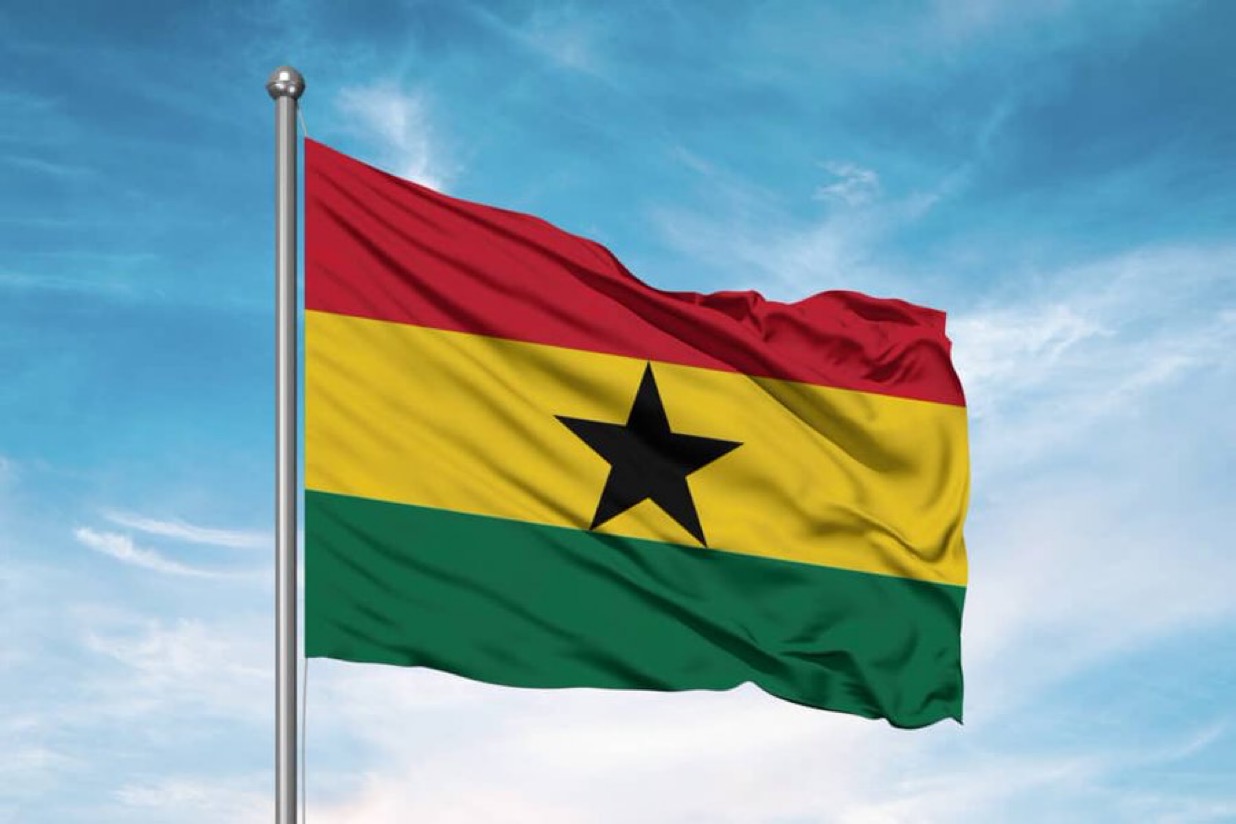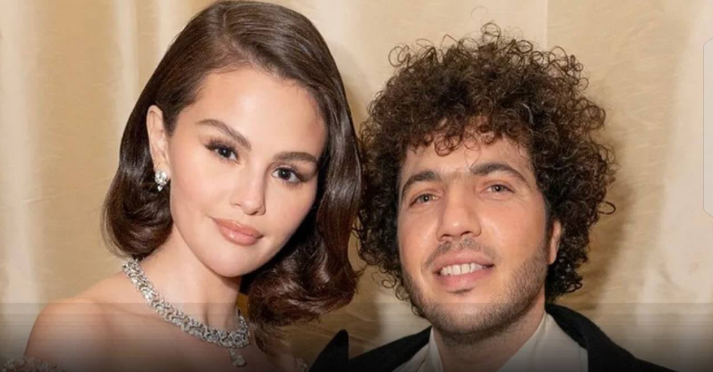
USA Restores Ghana Visa Validity to 5 Years in Landmark Diplomatic Breakthrough

In a major diplomatic breakthrough that has been described as a victory for bilateral relations between Ghana and the United States of America, Washington has officially restored the validity period of U.S. visas issued to Ghanaian citizens back to five years. The announcement, which came after months of high-level diplomatic negotiations, has been received with excitement, relief, and optimism by thousands of Ghanaians who regularly travel to the United States for business, education, tourism, and family visits. For many, the restoration of the extended visa validity signals not only a win for smoother mobility but also a strengthening of ties between Accra and Washington.
This development marks a reversal of a 2019 decision by the U.S. government that reduced the visa validity for Ghanaian travelers from five years to just one year, citing concerns over Ghana’s alleged non-cooperation on the deportation of its nationals who had overstayed or violated visa terms in the United States. That decision caused widespread discontent among Ghanaians, with many describing the shortened validity as an unnecessary burden that increased costs, stress, and bureaucratic bottlenecks for genuine travelers. Business leaders, students, and frequent flyers were some of the most affected, as they had to reapply for visas more often, incurring higher costs and facing delays that disrupted academic, professional, and commercial plans.
The restoration to five years has therefore been hailed as a relief to these frustrations. For Ghanaians who rely on frequent travel for international trade, the extended validity will cut down the number of visa applications and renewals, save money, and allow for greater ease in maintaining business relationships abroad. Similarly, Ghanaian students planning to pursue higher education in U.S. institutions will no longer need to worry about premature visa expirations during their programs. Families who travel for holidays, reunions, or special occasions will also benefit from this decision, as it removes the uncertainty that often came with reapplication processes.
U.S. officials described the move as a reflection of Ghana’s improved cooperation with American authorities on immigration-related issues and an acknowledgment of the strong historical, cultural, and economic ties between the two nations. The decision was reportedly reached after constructive dialogue at the diplomatic level, where Ghana’s government assured Washington of its commitment to strengthening compliance with international travel regulations. Ghanaian officials, on their part, emphasized that the development is proof that diplomacy and mutual respect can yield positive outcomes even in challenging areas of foreign relations.
The Ghanaian government has already expressed its gratitude for the restoration, with officials noting that it represents a recognition of Ghana’s standing as a reliable partner of the United States in West Africa. They further stressed that the five-year validity aligns with the principle of reciprocity, as Ghana itself issues visas of similar duration to U.S. citizens. Analysts say this reciprocal arrangement strengthens the foundations of fairness and equality in bilateral dealings and helps to maintain goodwill between both nations.
On the streets of Accra, Kumasi, Tamale, and other major cities, news of the announcement spread rapidly, with citizens expressing excitement and relief. Travel agents, immigration consultants, and airlines reported an immediate surge of inquiries from individuals and families seeking clarity on how to take advantage of the restored policy. Social media platforms were also buzzing with reactions, with many Ghanaians describing the decision as a “game changer” that will encourage more travel, cultural exchange, and investment. Others humorously noted that “Uncle Sam has finally forgiven us,” referencing the tensions that initially led to the downgrade in 2019.
Experts in international relations have pointed out that the timing of this decision is significant. The United States has been keen on deepening its engagement with African countries, particularly Ghana, which has been positioned as a stable democracy and a hub for investment in the sub-region. Just recently, Ghana hosted high-level American delegations and engaged in discussions around security, climate change, and trade. Restoring the visa validity is seen by analysts as a strategic gesture that not only boosts people-to-people connections but also enhances America’s image in Ghana and Africa more broadly, especially in an era where global powers are competing for influence on the continent.
For the Ghanaian business community, this move opens fresh opportunities. Entrepreneurs in sectors such as technology, agriculture, and fashion who frequently travel to the United States for networking, partnerships, and market expansion will now find it easier to plan long-term engagements. According to some local business leaders, the restoration will directly benefit Ghana’s economy by reducing the financial burden on business operators, allowing them to channel resources into innovation and growth rather than repeated visa applications. Educational institutions in both countries are also expected to benefit, as Ghanaian students now have greater confidence in pursuing longer study programs without visa disruptions.
Airline operators anticipate a potential increase in passenger traffic between Accra and major U.S. cities, which could translate to more flights and expanded routes. For families split between the two countries, the extended validity is seen as a blessing that will make it easier to maintain close ties, attend important life events, and sustain cultural connections. Ghanaians living in the diaspora have equally welcomed the decision, noting that it makes it easier for their relatives back home to visit and strengthen family bonds.
However, experts also warn that Ghanaians must approach this restored privilege with responsibility. Immigration officials have urged travelers to strictly comply with U.S. visa regulations to ensure that the extended validity is not jeopardized by widespread abuse. Overstaying, illegal work, and misrepresentation remain offenses that could trigger fresh diplomatic strains and lead to another round of restrictions. Both governments have therefore emphasized the importance of awareness and compliance in maintaining the progress achieved.
For many ordinary Ghanaians, the decision is being celebrated as a diplomatic victory that directly improves daily life. Unlike many foreign policy announcements that seem distant and abstract, this one has immediate, tangible benefits that citizens can feel and appreciate. It reduces stress, saves money, and restores dignity to Ghanaian travelers who had felt disadvantaged by the shorter validity.
Looking ahead, the restoration of the five-year visa validity is expected to deepen U.S.-Ghana relations and set a positive precedent for resolving future challenges through dialogue. It highlights the potential for African countries to negotiate from a position of respect and achieve favorable outcomes when they demonstrate commitment to international norms. It also underlines the importance of citizen diplomacy, as the outcry and persistent lobbying from affected Ghanaians played a role in keeping the issue alive until a resolution was reached.
As flights continue to depart from Kotoka International Airport to destinations across the United States, travelers will now board with greater peace of mind, knowing that their visas carry a longer lifespan. For Ghana, this is more than a policy change; it is a symbol of restored trust, renewed friendship, and an open door to opportunities that span education, business, and family. For the United States, it is a chance to demonstrate goodwill, strengthen ties, and reinforce its commitment to being a partner in Ghana’s development journey.
In the end, the restoration of the U.S. visa validity to five years is more than just paperwork—it is a statement that cooperation wins over confrontation, that diplomacy can rewrite narratives, and that bridges between nations are built not only through treaties and trade but also through the lives of ordinary people who seek to travel, connect,
and dream beyond borders.


